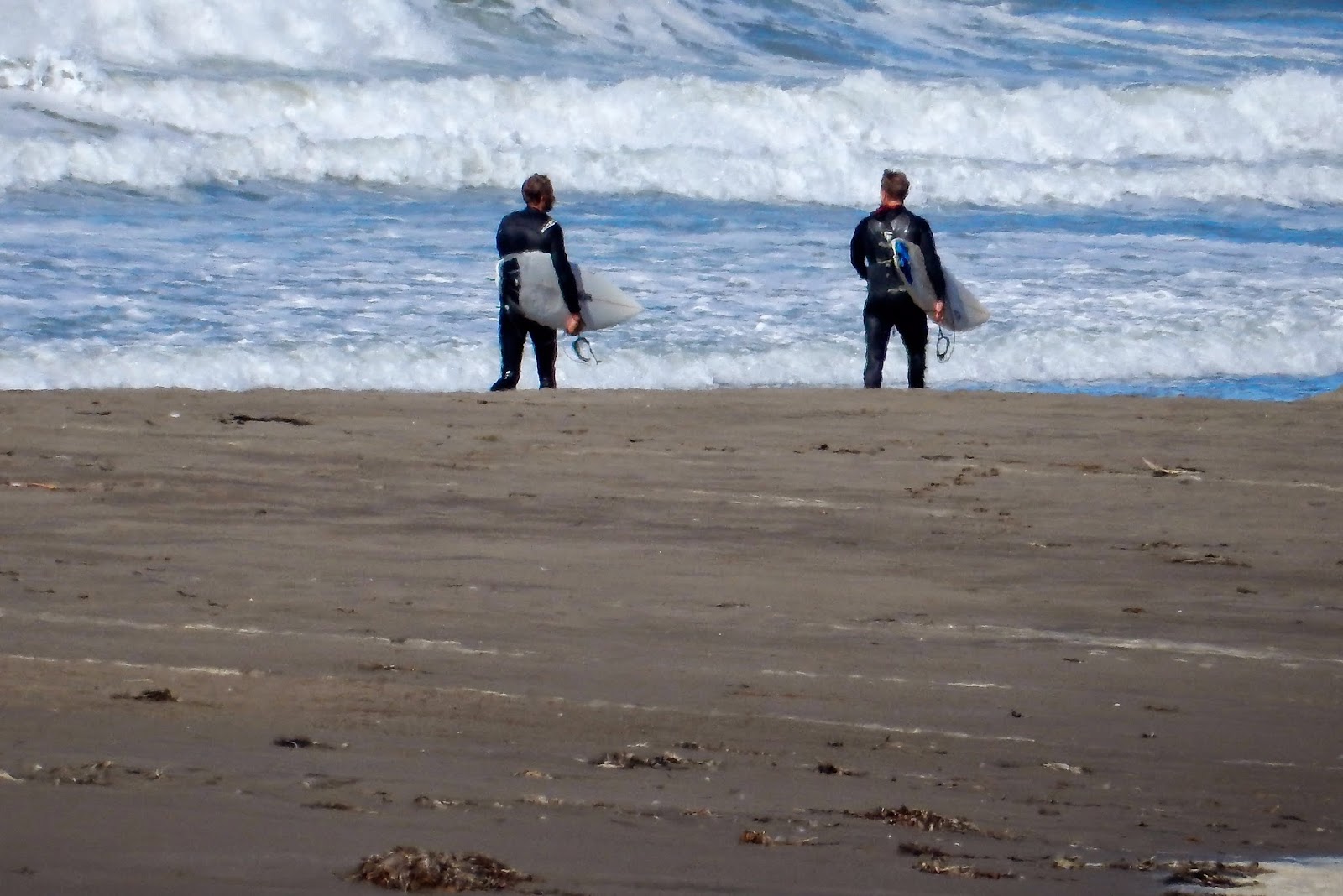World Press Freedom Day comes as journalism and those who do it, are increasingly endangered by authoritarian leaders, terrorists and criminal organizations, financial vultures and dangerous cultural trends.
The United Nations is trying to raise awareness of the importance of a free press even while news deserts grow and people rely on social media as the venue for their news and information. That information is increasingly bogus and manipulated.
Journalism is a dangerous undertaking. Since the 1990’s the Dart Center for Journalism and Trauma has advocated “ethical and thorough reporting of trauma: compassionate, professional treatment of victims and survivors by journalists; and greater awareness by media organizations of the impact of trauma coverage on both news professionals and consumers.”
After about a half century of my work in journalism; reporting, producing, documenting, administering and study, I am still overwhelmed by how little most people know of life, reality as we understand it, and the forces that shape the human drama. The world would know a lot less, even as meager as it is, were it not for the media.
Spend any time in the pursuit of ethical journalism and one knows danger, pressure, makes enemies and understands the impact of threats. Most of us suffer some level of PTSD. Many of our colleagues have died in pursuit of facts, information, news the public has a right to know. I’ve come to think the public, that portion of it that participates in elections, has an obligation to know. Today most citizens fail miserably.
The business model of journalism changes with technology and human behavior. Newspapers were once a cultural force in every community, a public square of details, information and knowledge of all sorts, not what an algorithm or your own penchant and self-selection determined.
Major broadcast media now reaches mostly older citizens and sadly was invaded by a propaganda mindset that openly lies and distorts. There is still solid and fair journalism on that scale, but it competes with declining audience, a growing ignorance among Americans, the for-profit ethos that has turned so much of the process into capturing ratings, click bait, that translates to profits, and the information corrupting outfits, Fox News being the most egregious. In the Fox case they acknowledged their own intentional deception because it meant their viewers stayed with them. To quote Jack Nicholson’s Col. Nathan R. Jessep in the film A Few Good Men “You can’t handle the truth!”
An encouraging trend is the rise of non-profit journalism. I work with a model of that in my own village. I belong to a group that is fostering the rise of local reporting around the US.
We watch as journalists confront AI and look for ways to use it wisely.
Nordic nations are ahead of the pack on that front. The Fins in particular are working on a model that has traditional reporting, fact finding, investigative work done and submitted to the newsroom where AI then creates hundreds of thousands individual distribution streams to clients. Traditional news, parsed not in BROAD but narrow casting. It may work. Time will tell.
I was in Brazil shortly after the military dictatorship relinquished decades of power to an elected government. So much of those first months of renewed democracy was the reopening of newspapers, and the turning on of radio stations that had been boarded and silenced by the military. People were excited about the free flow of information.
It is not an easy job. In Havana, Istanbul, and East Berlin I was watched, or followed. I was chased out of a county in the mid-west when investigating a cult. I had two of my cars firebombed. I was bound and gagged in my own home as perpetrators looked for files I had about hazardous materials that had been illegally transported and dumped.
I also recall a December night in Managua I sat with reporters and US Congressmen in the home Violetta Chamorro who eventually became President of Nicaragua. Her husband, Pedro Chamorro Cardenal had been editor of La Prensa, the major newspaper. His assassination was a pivotal moment that helped fuel the Nicaragua revolution.
On this particular night her son, who was there, was the editor and other children staffed the paper while another son was an editor of the Sandinista mouthpiece and was involved on the other side of the civil war.
One family divided, but both sides fully engaged in journalism though as competing Sandinistas, Contras, and Journalists.
La Prensa had been a crucial voice opposing the dictator Samoza, then opposing the Sandinista revolutionaries, the Ortega brothers, who also became dictators.
Situations like these have played out around the globe, time after time
Think for a moment how history may have been if there were no reporters and photographers covering the civil rights movement, when dogs were turned loose on peaceful protestors, or when they were fire hosed, or when police attacked them with clubs as they tried to cross a bridge and etc.
You have a right to know. Today journalists are in peril covering news for you. The press is not as free as it used to be. They’ve been called enemies. History will tell you, that’s what tyrants and dictators say. They try to control what you know. Vladimir Putin, Viktor Orban, Nayib Bukele, Kim Jong Un, Xi Jinping do that. Donald Trump is doing that now.
The best thing any citizen can do is to be as informed as you make yourself. That means challenge your own beliefs and assumptions. Fill your mind with information. That’s what good journalists have done, historically.
Be grateful for journalists and for a free press.




